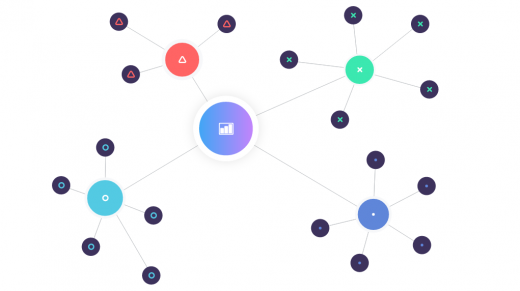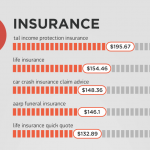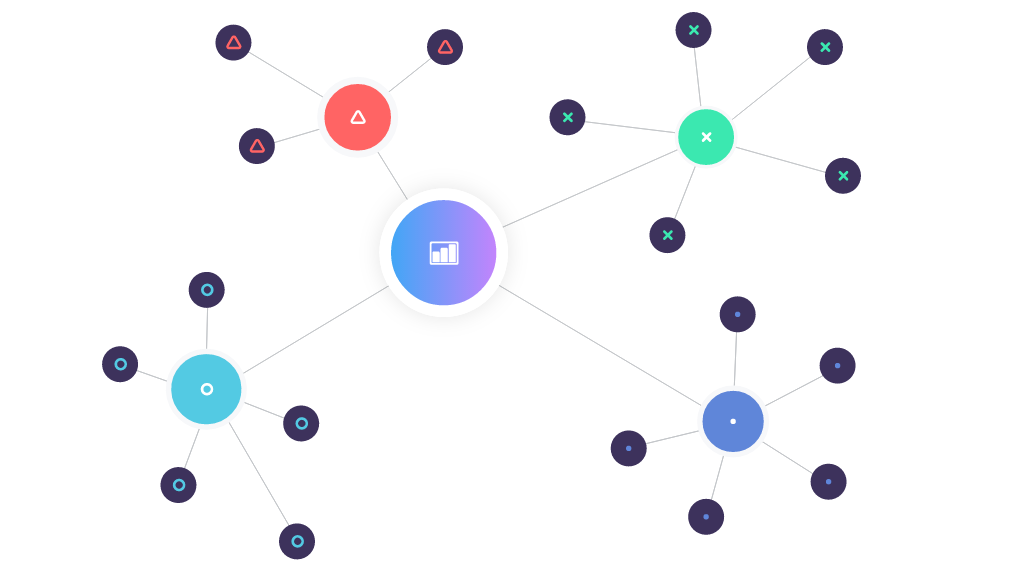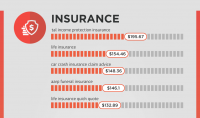Top 3 Benefits of Using Keyword Grouping
October 20, 2016
Compiling search keywords into the right groups is a tough task even for seasoned marketers. Search engines recommend us not to have the same keyword in different groups, because you can easily lose track of whether you’ve used all of them or not.
Control is a key to successful search engine marketing. If there is a bunch of unknown variables, the data can be unclear and your optimization process can deceive your expectations. So, a relevant keyword grouping is an important part to achieve desirable results.
When it comes to keyword grouping, pure logistics happens to be here. As your keyword landscape is constantly changing, you should be flexible when it comes to pacing, bidding, and targeting.
What keyword grouping is all about
Keyword grouping is collecting the keywords into logical groups, thus the work towards one will undoubtedly affect the results of another. Such approach can take your search marketing efforts to the next competitive level.

Let’s say you have 2 search queries – “best mattress of the year” and “buy mattress online”. How do you think these would be used: on the same page or on different web pages? To solve this question we should analyze our potential competitors and find out whether the ranking pages for these keywords are similar. It is a really time-consuming task, especially when done manually. But thanks to the automated keyword grouping tools, we can do this task with a simple touch of a button.
What are the benefits of the keyword grouping for SEO and PPC
The first thing you need while trying to enhance your SEO and PPC strategies is to compile a large database of related keywords for your niche (including long-tail keywords). Relevant keyword groups are important for cost-effective pay-per-click marketing, as compact ad groups can improve CTR and get higher Quality Scores. It’s also beneficial for SEO, since it can improve your copywriting efforts and the quality of the content you offer to users and robots.
As we’ve mentioned above the keyword grouping is a really laborious task when done manually. However, you can make your life easier by automating it. Here are also a few tips and tricks to alleviate the effort:
- Start with extensive keyword research. Collect and aggregate keywords from different sources, using keyword tools and web analytics. Analysing a bunch of keyword data helps you to get various avenues and find out which pack of keywords will perform best.
- Create high-level keyword groups. The groups should be large and broad. The golden rule is to create high-level keyword groups around your main products or services. If you sell mattresses, high-level groups should include “best mattresses”, “mattress brands” and “mattress reviews”.
- Form smaller subgroups. Each high-level group should be divided into specific lists of keywords with a certain modifier associated with this offering. For example, the group “mattress brands” can include the subgroups like “Sealy mattresses”, “Serta mattresses”, “Broyhill mattresses”. etc. Such clustering creates certain hierarchy and logic.
- Make your low-level groups smaller and tightly related. Keep breaking down your low-level groups until they become highly tailored and very small. You should also consider the following things within a search query:
1. Derivations and plurals are welcomed in the parent group (for instance, “mattresses”).
2. Synonyms and variations allow users get the exact results for a certain word or phrase. Performing targeted keywords enhances CTR and Quality Score.
3. Don’t create special groups with misspellings, as search engines are clever enough to define misspelling.
4. Duplicate keywords can be integrated into multiple groups. Putting the same keyword i in different groups helps to evaluate where the keyword performs better.
Keyword Grouping Tools
Like with any activity finding an appropriate online tool is crucial. There is a variety available from different vendors. Look for those that not only collect the keywords in the group but also compares them against each other and distributes throughout the pages in the most effective way to ensure highest ranking in the search.
Keyword grouping helps you drive long-tail traffic
There’s a tendency to pay more attention to the high-volume terms. Surely, it’s important! But you miss out on the opportunity to get a ton of traffic while targeting long-tail keywords. A noteworthy detail is that the long-tail keywords are usually the queries of the customers that came very close to make decision to buy.

Writing content for long-tail terms is less likely to get lost in the shuffle. Thus, you can do micro targeting and make your content meet customers’ needs. As a consequence, keyword groups related to your business’ niche can outreach a specific keyword towards conversions. It also helps to increase rankings for your target keyword. Search engines don’t analyze a single keyword, they check out all content available on a web page to grasp its subject.
So, using this above-mentioned strategy, you can create a compelling copy that allows you to rank for the core keyword and attract enough traffic using long-tail keywords.
Keyword grouping saves time
Nowadays it makes no sense to develop copy for each individual keyword. It is more effective to create a dedicated piece of content targeted to a specific group of keywords.
Let’s say you try to write a landing page targeting these keywords below:

As you notice all these variations are targeting the same keywords and the options can go on and on. The effective way from a copywriting prospect is to include all these keywords into one piece of content. For instance, an article that generates links for online reviews.
The target keyword should be the one that drives more traffic volume. In this instance, “Light Blue review” will be relevant. You can incorporate this keyword in the title, meta description and URL. Less popular alternatives can be included in subheads and in the text body.
Thus, creating one page instead of four saves time while making sure no duplicate content is polluting your pages and you can effectively compete with others in SERPs.

Do you know other benefits of keyword grouping? Please, share your ideas in the comments below.
Original Source: SE Ranking blog
Digital & Social Articles on Business 2 Community
(25)









